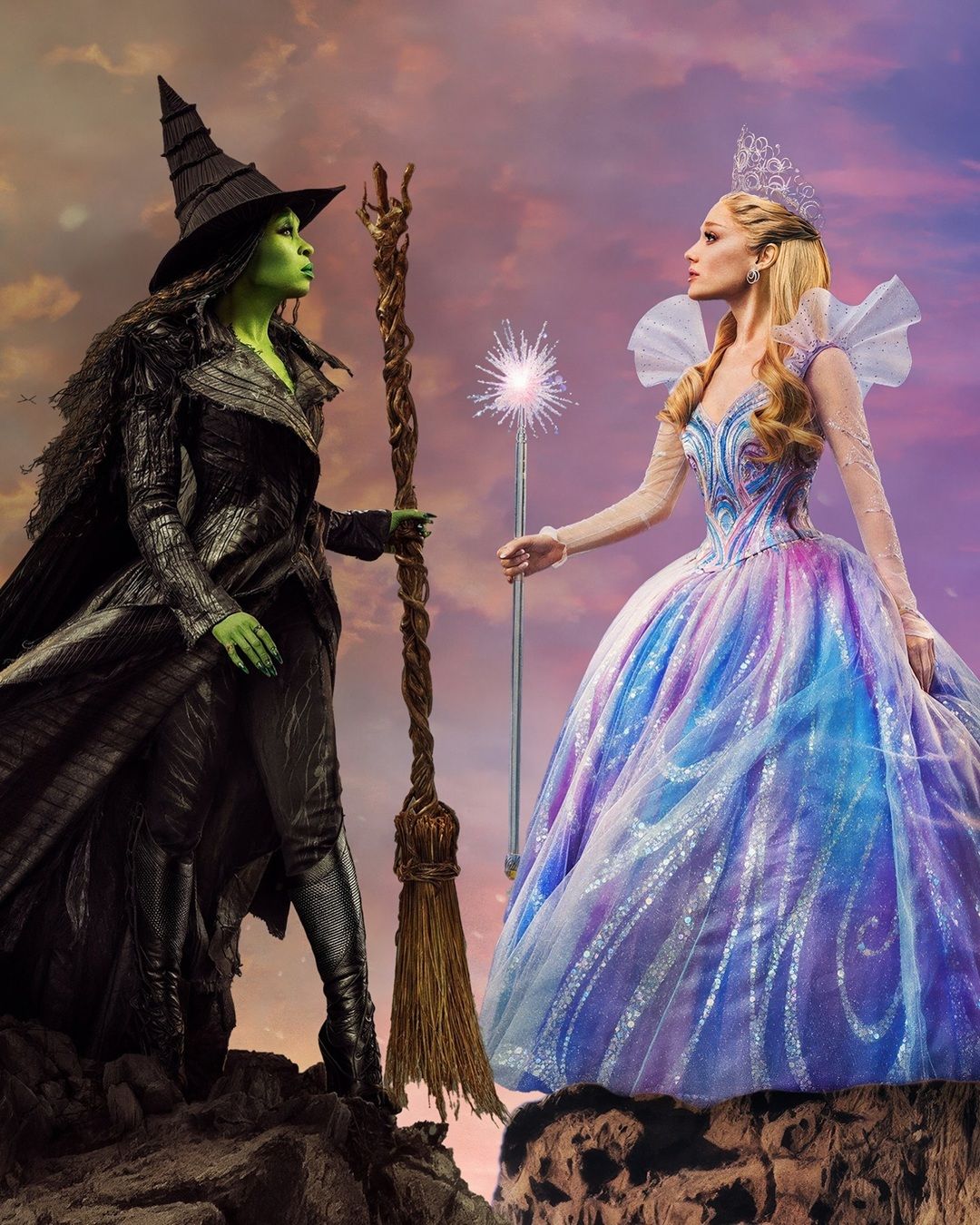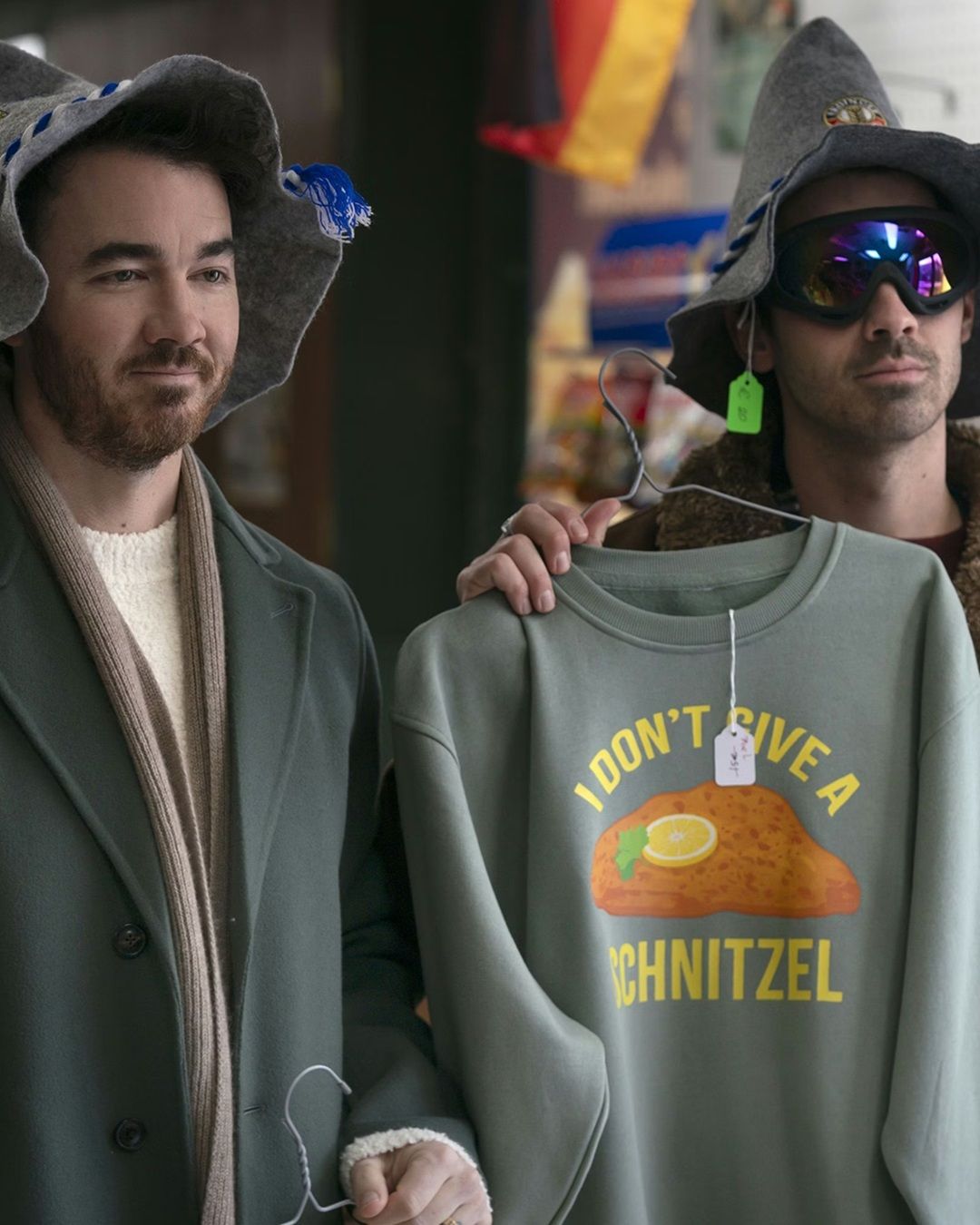
Ellen Hutter and Bella Baxter, the two women of desire. Protagonists in a confrontation between Nosferatu and Poor Creatures!
About 365 days ago, Poor Things!, the eighth film by Greek director Yorgos Lanthimos, was released in Italy. Our Instagram feeds and TikTok videos were flooded with content featuring the protagonist Bella Baxter, played by Emma Stone, saying: "I am Bella Baxter and there is a world to enjoy, circumnavigate." In stark contrast to Victorian society, she wore her long black hair (113 cm to be exact) loose, dressed in lightweight and informal clothing, vibrant slips and blouses, and high-heeled boots.
@wowitsolivia Shes got all the mutton sleeves she wants and a man who is utterly pathetic over her #bellabaxter #poorthings #moviewardrobe #muttonsleeves #filmwardrobe #poorthingsoutfits #poorthingswardrobe #fypuk #fpyシ original sound - Searchlight Pictures
Rebirth, Obsession, and Desire in Poor Things! and Nosferatu
A film released on January 1 in Italy unfolds in the same historical period: Nosferatu, a horror remake of the 1922 silent film and the fifth feature by American director Robert Eggers. While Poor Things! was praised for the (re)birth of its protagonist—Bella Baxter discovers herself and the world through sex and reading—and her rejection of Victorian social norms, Nosferatu tells the story of a young woman, Ellen Hutter (Lily Rose-Depp), whose pursuit of desire culminates in dark obsession. Both films portray protagonists with different approaches to self-realization, desire, love, and their understanding of the world. Bella Baxter's birth takes place at home, where Dr. Godwin Baxter (Willem Dafoe) implants the brain of the son she carried in her womb. "Bella wants to see the world," the protagonist states, and so she does. After marrying, she travels—to Lisbon, Alexandria, and Paris—while Ellen is confined, both physically and metaphorically, to the domestic space: the Harding household, corsets, and fits of convulsions and somnambulism.
@universalpicturesuk POV: Someone telling you about the weird dream they had #Nosferatu #LilyRoseDepp original sound - universalpicturesuk
Socialism or Solitude?
While Bella Baxter discovers socialism, Parisian brothels, and philosophy, Ellen Hutter spends her days in the fictional town of Wisborg, Germany, yearning for someone—or something, anything—to quench her desire, the profound solitude that consumes her. This desire takes shape in the form of Count Orlok (Bill Skarsgård), who, obsessed with Ellen, is willing to unleash a plague, destroy entire villages, and risk his life just to capture her attention. Although their physical union occurs in the film’s final minutes, Ellen’s dream revealed to her husband Thomas (Nicholas Hoult) is significant. She recounts dreaming of marrying Death, with only corpses present at the union.
@zosgotsauce Oh and yknow the literal FILMMAKERS AND ACTORS talking about how the desire and the dark romance was their INTENTION has nothing to do with this interpretation at all… look, you didn’t know what a gothic horror was when you went into the theatre and that’s okay!! Media literacy is not dead, it’s actually okay to allow for multiple interpretations of the source material that is what good media literacy is. Everyone comes from different perspectives built by our past experiences and cultural upbringings. We are going to have different reactions and first impressions to the movie and see lots of different meanings behind it. You are not wrong for viewing it as a story about SA. But I’m not wrong for viewing it as a story about s*xu*l liberation. The movie is LAYERED and the filmmakers made it that way ON PURPOSE because they are TALENTED. We are supposed to be able to find multiple meanings!! That’s what makes this movie so interesting!! People are not “booktok brainrot” for resonating with the very present theme of s*xu*l release in the movie. It’s not even subtext or merely hinted at. Like the writer literally wrote in the original script from 2016 that the final scene is euphoric for Ellen. Stop calling people immoral and wrong for seeing what is clearly meant to be there. For seeing the literal writer’s intention. Your interpretation that it’s about SA isn’t bad, but the puritanical virtue signalling is getting annoying. #nosferatu #movie #movies #movieanalysis #nosferatumovie #lilyrosedepp #nicholashoult #billskarsgard #vampires #vampiremovie #darkromance lydia deetz x oblivion grimes - arielle
Ellen Hutter vs. Bella Baxter
Another stark contrast lies in their approach to sexuality: in Poor Things!, Bella Baxter’s exploration of sexuality feels like a sterile male fantasy, especially in a film where her inner world—considering she is mentally little more than a child—is closely tied to what is exhibited and shown to the viewer. Conversely, in Nosferatu, Ellen’s sexuality is as restricted and confined as the spaces she inhabits. Count Orlok becomes a manifestation of her repressed sexual desires, a companion who fills her loneliness and satisfies her more than her husband ever could. Lily Rose-Depp has described, in interviews, the relationship between her character and the Count as one of "mutual desire," with the dynamic between her, him, and her husband forming a love triangle. By the end of the film, Ellen chooses to sacrifice herself, saving many lives: an ostensibly altruistic act that allows her to surrender to her longed-for desire.
























































